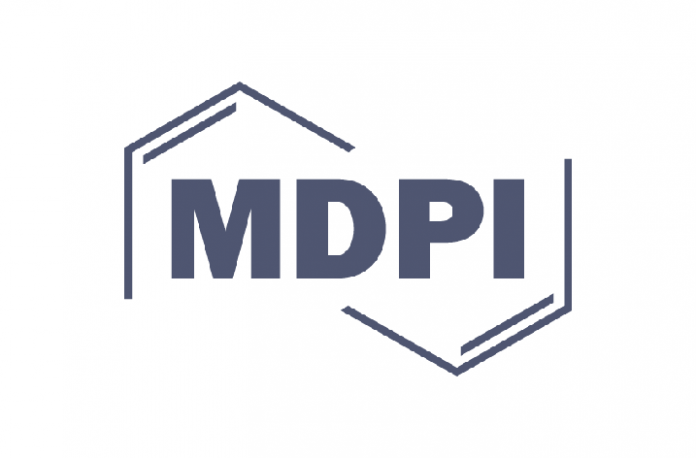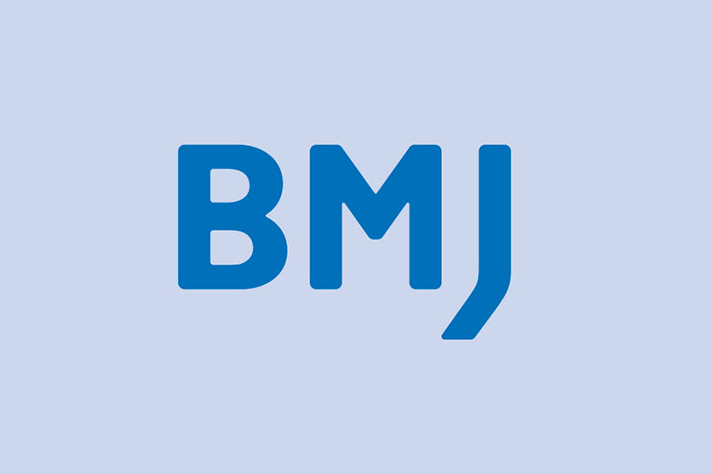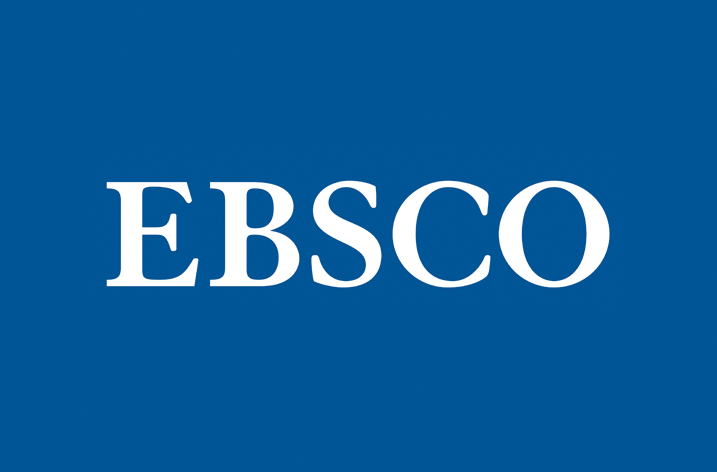
Preprints.org, a multidisciplinary preprint platform by open-access publisher MDPI, has unveiled its new Reading List feature on World Book Day 2025. The new feature helps researchers, authors, and readers curate and share collections of preprint articles, versions of a scientific paper that precede formal peer review and publication. In conjunction, Preprints.org has introduced two community programs—the Preprint Reading Marathon and Reader’s Choice—offering certificates, discounts on MDPI Author Services, and global engagement opportunities.
World Book Day, organized annually by UNESCO, celebrates the power of books to connect people across cultures and generations. This global initiative highlights the importance of reading for all, serving as a reminder of the vital role literature plays in education, innovation, and cultural exchange.
New Reading List Feature
From today, users can create public or private reading lists on the Preprints.org World Book Day page. Public lists will be featured on the platform, where they can be shared, favorited, and discussed by others in the community. It is a simple yet impactful way to organize research, foster meaningful conversations, and amplify research visibility.
Preprint Reading Marathon and Reader’s Choice
In tandem, Preprints.org invites researchers and scholars worldwide to participate in two month-long programs. Through the Preprint Reading Marathon, participants can create and read a list of preprints to earn a Reading Marathon Award. The second program, Reader’s Choice, invites participants to share their list publicly and receive endorsements (“favorites”) to earn a Reader’s Choice Award. All successful participants will receive certificates and discount vouchers for MDPI Author Services.
“With the launch of the Reading List feature and our new community programs on World Book Day, we’re strengthening Preprints.org’s role as a hub for early research and scholarly engagement,” says Lloyd Shu, product manager of MDPI’s Preprints.org. “This launch is all about connecting our community, making it easier for academics to organize research and spark global discussions. Whether you’re an author sharing your work or a reader exploring new ideas, these programs add a dynamic and rewarding layer to the experience, while also encouraging broader participation in the open science movement.”

























